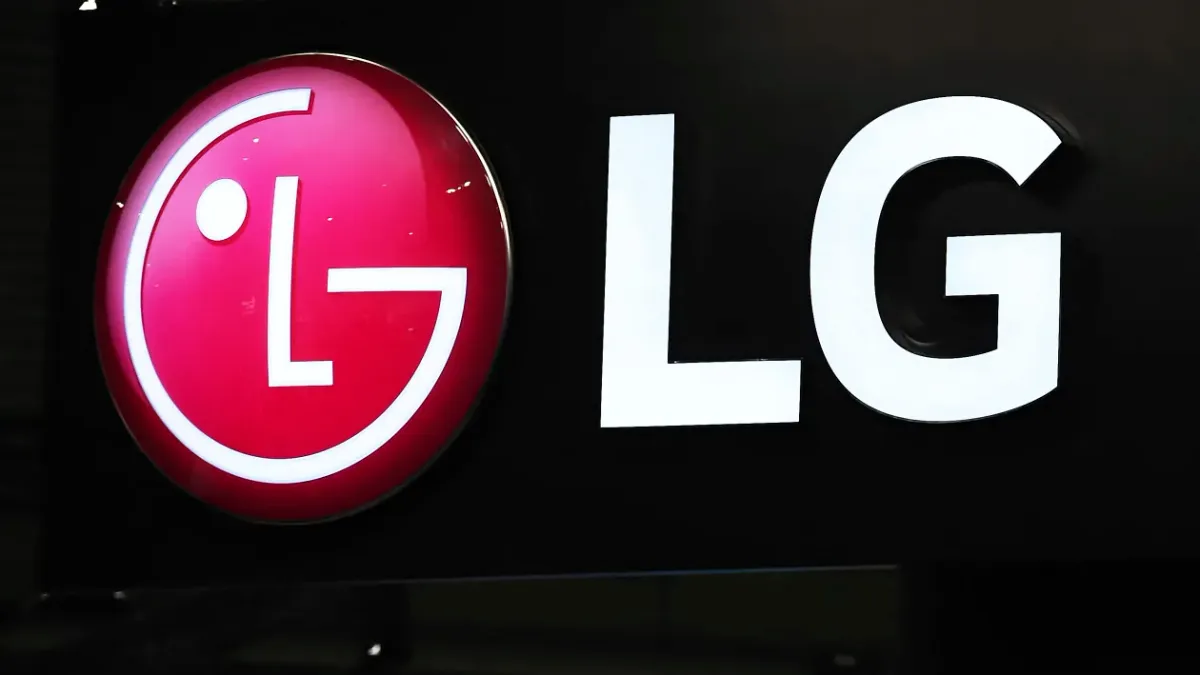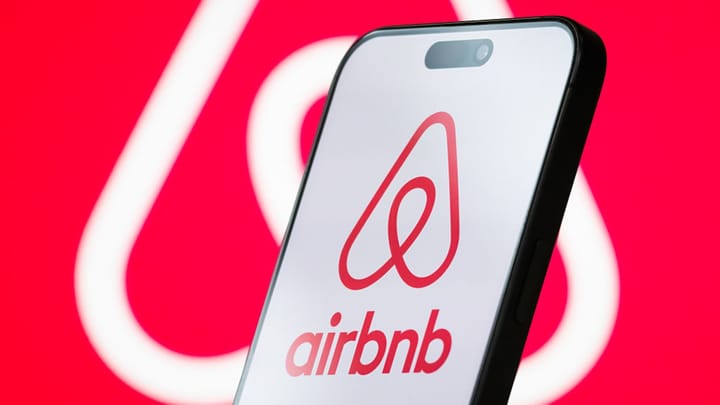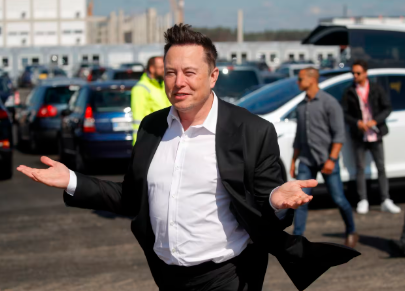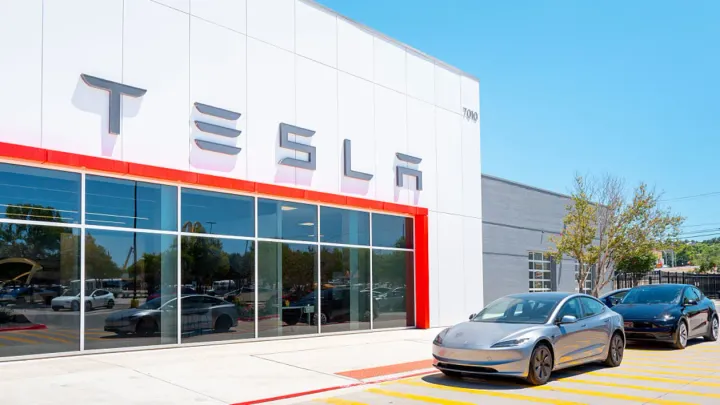LG Energy Solution Inks $4.3 Billion Battery Supply Agreement; Counterparty Not Named Amid Tesla Rumors

South Korean battery maker LG Energy Solution signed a significant $4.3 billion battery supply deal, as revealed by a regulatory filing released on Wednesday. The agreement, to be held through July 2030, is notable not merely by its magnitude but due to the mystery over its buyer—the counterparty is still unknown. Industry gossip, however, supported by a Reuters story, leans towards electric automaker giant Tesla as the prospective beneficiary.
The official filing with the Korea Exchange marks the contract as effective from July 29, 2025. While the total value is set at $4.3 billion, LG Energy has cautioned that the final amount may change over the course of the contract. The company also left open the possibility of extending the agreement by up to seven years beyond 2030, depending on business needs and market conditions.
This fresh deal is especially significant given that it beats LG Energy Solution's second-quarter revenue of 5.6 trillion Korean won ($4.05 billion). However, despite the upbeat implications, LG Energy's shares declined slightly by 0.26% upon announcement—an indication investors remain wary under uncertainty regarding the definite customer and potential alterations to the deal.
Confidentiality Amid Rising U.S. Expansion
The move to keep the client's identity confidential, as stated by LG Energy, is to ensure business secrecy. Such confidentiality is common for big-stakes industrial agreements, particularly those relating to recurring or future partnerships in competitive markets such as electric vehicles and energy storage.
Weighing in on the Tesla rumor is a similar report earlier this week, in which Tesla CEO Elon Musk confirmed that the company has entered into an unstated $16.5 billion semiconductor agreement with South Korea's Samsung Electronics. If LG Energy's agreement does involve Tesla, it would further cement the latter's supply chain relationships with major South Korean tech companies.
Currently, LG Energy Solution has Tesla and General Motors among its top customers. The company manufactures lithium iron phosphate (LFP) batteries, a chemistry that Tesla has been increasingly embracing for some vehicle models and stationary energy storage applications.
The new filing does not indicate whether the new batteries to be used in this deal will go into electric vehicles or energy storage systems. Still, recent developments by LG Energy in North America indicate that both uses are possible. In Q2 2025, the company opened its first North American ESS (Energy Storage System) battery factory in Michigan and is also working on a new LFP battery factory in Arizona.
Looking Ahead
Although the present absence of complete openness is a cause for skepticism, the agreement is a solid expression of confidence in LG Energy's technology prowess and global supply chain significance. With increasing competition in the international battery industry, large-scale long-term agreements like this will remain at the heart of the business plans of both battery producers and EV manufacturers.
FAQs
Who is the customer in LG Energy Solution's $4.3 billion battery deal?
Although LG Energy declined to name the customer officially because of confidentiality agreements, Reuters reported that Tesla is probably the counterparty.
What kind of batteries is this contract for?
The filing doesn't mention the type of batteries. Nevertheless, LG Energy manufactures lithium iron phosphate (LFP) batteries, which are used in electric vehicles and energy storage systems—both of which Tesla is famous for employing.
Why was the identity of the customer kept secret?
LG Energy says confidentiality of business is key in such strategic, high-stakes transactions. It also enables both parties to safeguard competitive interests and navigate market expectations.
What does the deal signify for LG Energy's international strategy?
This agreement reinforces LG Energy Solution's status as a top-tier global battery supplier. Combined with its growth in the U.S., it demonstrates the company's vision to gain long-term collaborations and expand its foothold in the EV and energy storage industries.
How are investors responding to the news?
Despite the deal’s large size, LG Energy’s stock saw a slight drop of 0.26%. The dip may reflect market caution due to the lack of disclosed details and the note that the deal’s value or terms could change or be terminated.



